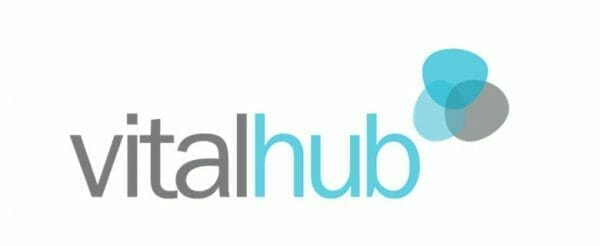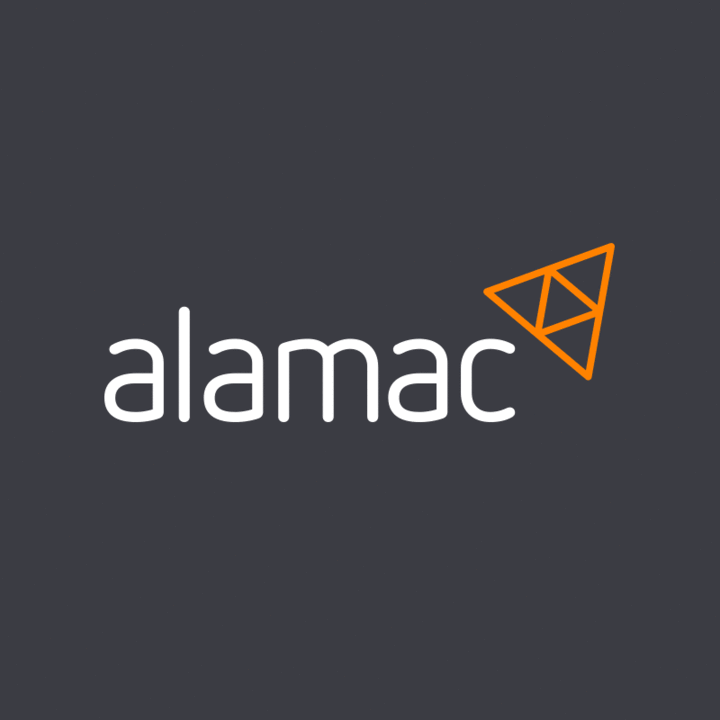Now that the bubble’s all but blown on cannabis courtesy of scandals and Canopy Growth (WEED.T), private funding is drying up and debt financing is where it’s at to raise funds. Most blockchain companies are still thawing out from the crypto-winter, and then there’s Vitalhub (VHI.V), which paid $2,396,520, the sum of its debentures and a 5% premium, almost a year and a half prior to their maturity date of December 7, 2020.
A company doing well enough to pay its debts early shouldn’t be newsworthy, but this is 2019 and here we are.
Debentures have more in line with payday loans than traditional credit. They’re an unsecured loan certificate issued by a company, backed by general credit rather than by specified assets. Basically, the issuer dips into the revenues of the company, taking both principal and ridiculous interest, until the maturity date, which is often years away. They’re a necessary evil sometimes for raising emergency capital, just like payday loans.
“We are happy that the Company has graduated to the availability of credit from traditional banking sources, which in turn should benefit the Company going forward with more favourable credit arrangements,” said Dan Matlow, CEO of VitalHub.
The company has signed a revised credit agreement with their present institutional lender and bank for $1,400,000 in non-revolving credit. The term is for up to 60 months with interest on the balance at 2.0%, repayable anytime. That’s a much healthier way of raising capital than convertible debentures, while paying reasonable interest.
Earlier this month, the company exercised 5,465,000 warrants at $0.18, bringing in $987,700. After, the total outstanding shares were 165,362,659. The warrant exercise was primarily led by institutions. Their recent Q2 results indicated positive growth, having reported earnings EBITDA for six months of $1,209,290, representing %23 of revenues. They ended the prior quarter with a solid cash position of $4.8 million cash on hand, which they used to pay off their debenture.
[contextly_sidebar id=”4rRqnw3H9Y9NneFA7qCKIp17YXJWbygJ”]The vital difference
Vitalhub has never had blockchain in their name, and that’s important if you remember what it was like during high tech tulipmania in 2017, and the resounding crash and crypto-winter from last year.
They’re not in the habit of making promises they can’t keep. They’re a tech company that uses blockchain technology to streamline medical records into one easy to access application, to ensure ease of patient flow, and also that the right medicine gets to the right patient at the right time, which can mean the difference between life and death.
Any successful blockchain company recognizes the strengths of the technology and plays to them.
Here’s one of the many ways they’re making correct use of blockchain technology.
The company’s TREAT National Rehabilitation Reporting System (NRS) is built to attack a problem called patient flow, which is exactly what it sounds like: the movement of patients through a healthcare facility. The system involves allocation of physical resources, real-time data sharing, communication, coordination throughout the system, from admission to discharge.
The information, which would normally come in scattered charts, apps and other sources of information, is sorted and compiled and stored using an immutable private blockchain, which would then be accessible to anyone with access to the app who needed it.
More beds, a better allocation of space, and less waste.
Inefficient patient flow costs taxpayers an average of $49,500 loss per bed every year, with an average of 45 days lost per bed, according to VHI. “Some estimates have cited the current North American cost of inefficient patient flow to be $900 billion.”
—Joseph Morton
Full disclosure: Vitalhub is an equity.guru marketing client.







